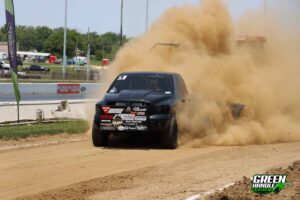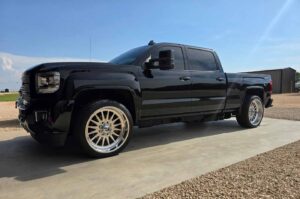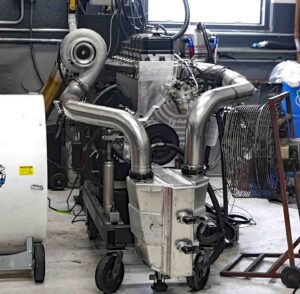HEADLINES: Records, Carnage, Triumph And Heartbreak At RTDS
Every emotion a human can feel was in the air at Rocky Top Diesel Shootout X.
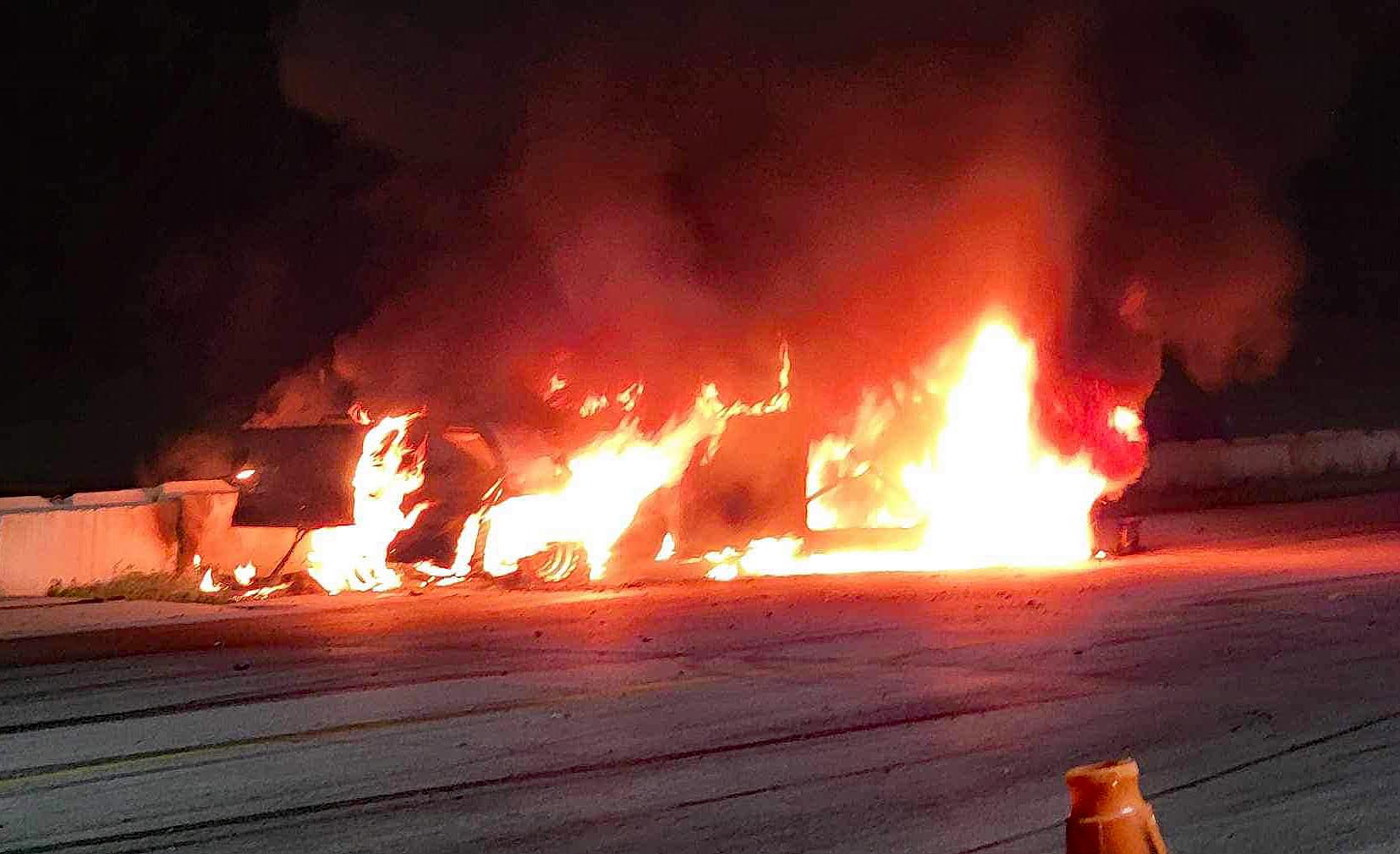
Every emotion a human can feel was in the air at Rocky Top Diesel Shootout 10. And, even Mother Nature would stop by Crossville Dragway in the form of pushing the ODSS finals off until Sunday afternoon. The first heart-stopping moment happened Friday night, when Zack Pierce’s fresh Pro Mod Ford build suffered a catastrophic engine failure. The block exploded, the truck’s doors blew off, the front tires were blown out and the front brake lines were severed, causing Pierce to make contact with the wall—all while being engulfed in flames. Thankfully, Pierce escaped unharmed, his top-notch safety equipment and roll cage having done their job—along with God being along for the ride.
Drag Racing
Rod MacMaster’s Hunt For 3’s Cut Short—For Now
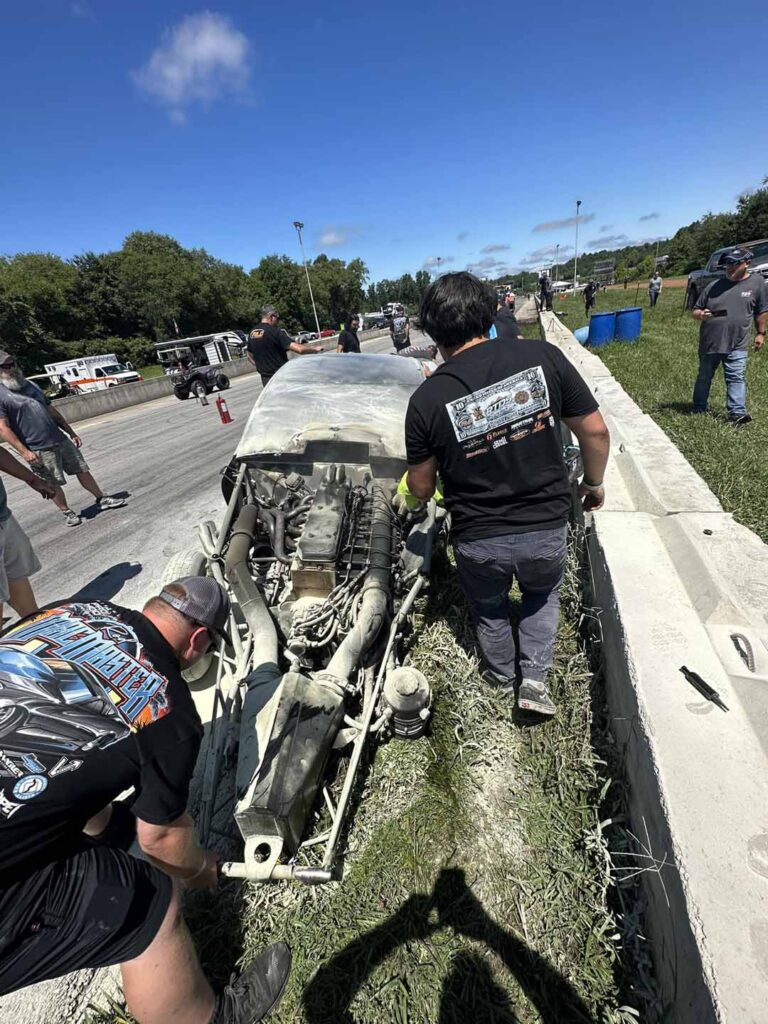
Unfortunately, Zack Pierce’s fiery crash wasn’t the only wreckage incurred at RTDS 10. Another brand-new build—the long-awaited return of the infamous C7 Corvette formerly known as “Non-Compliant” and now being Cummins-powered and driven by Rod MacMaster—shook the tires and tagged the wall roughly 100-feet out. Thanks to the parachutes being deployed almost immediately and the fire suppression system activated, most of the damage to the car appears to be cosmetic. More importantly, MacMaster avoided injury, but was checked out at the local ER. Prior to the crash, MacMaster and team had been 4.18 on a 1.01-second 60-foot, leaving many to believe they’d see a 3-second pass by the end of the weekend. While it wasn’t meant to be, you can bet that’s the goal when the car makes it back to the track.
More From Rocky Top
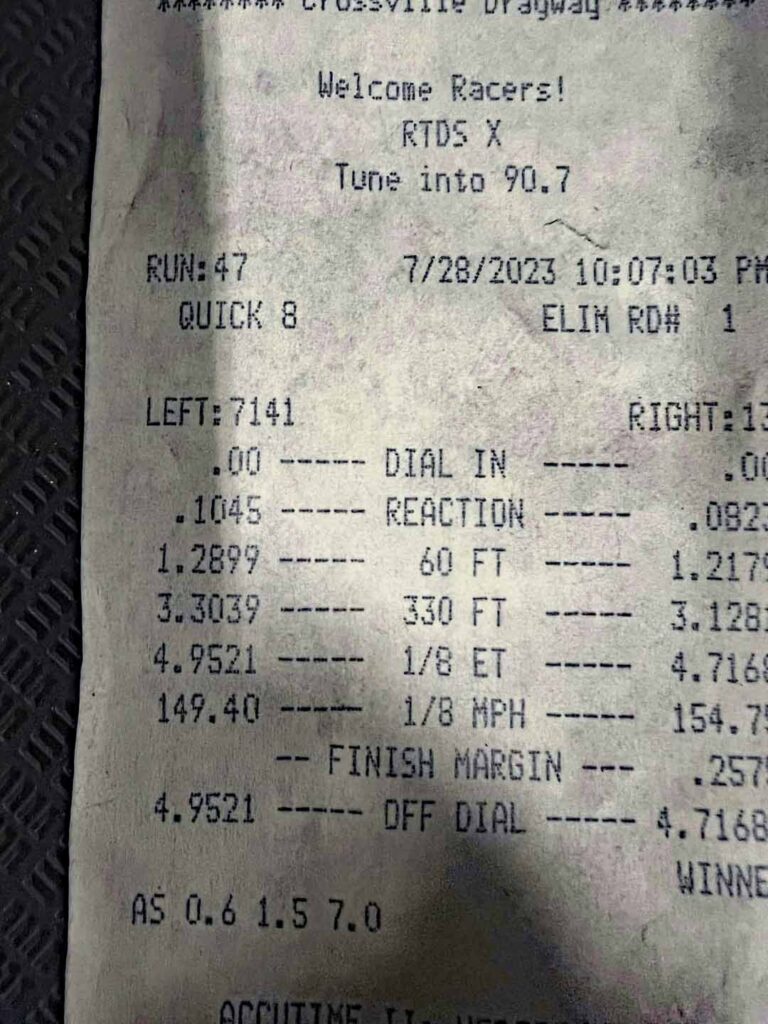
Ideal track conditions, a great driver and a proven parts recipe earned Dan Zelten the new 4×4 Duramax ET record on Friday night when his classic body GMC went 4.95 at 149 mph. In the meantime, a mix of both familiar and new faces found their way into the winner’s circle. For the first-time since acquiring Rod MacMaster’s two-wheel drive Dodge, Mark Rojee took top honors in the 5.90 Index class. In Pro Street, Justin Zeigler continued to dominate, claiming his fourth straight win. In Pro Mod, Nathannial Delong brought home the hardware. Over in Pro Dragster, Mattie Graves got the W, and Ethan Hodge, Dustin Mintern and Van Greer won the 6.70 Index, 7.70 Index and ET categories, respectively.
New First-Gen, VE Record
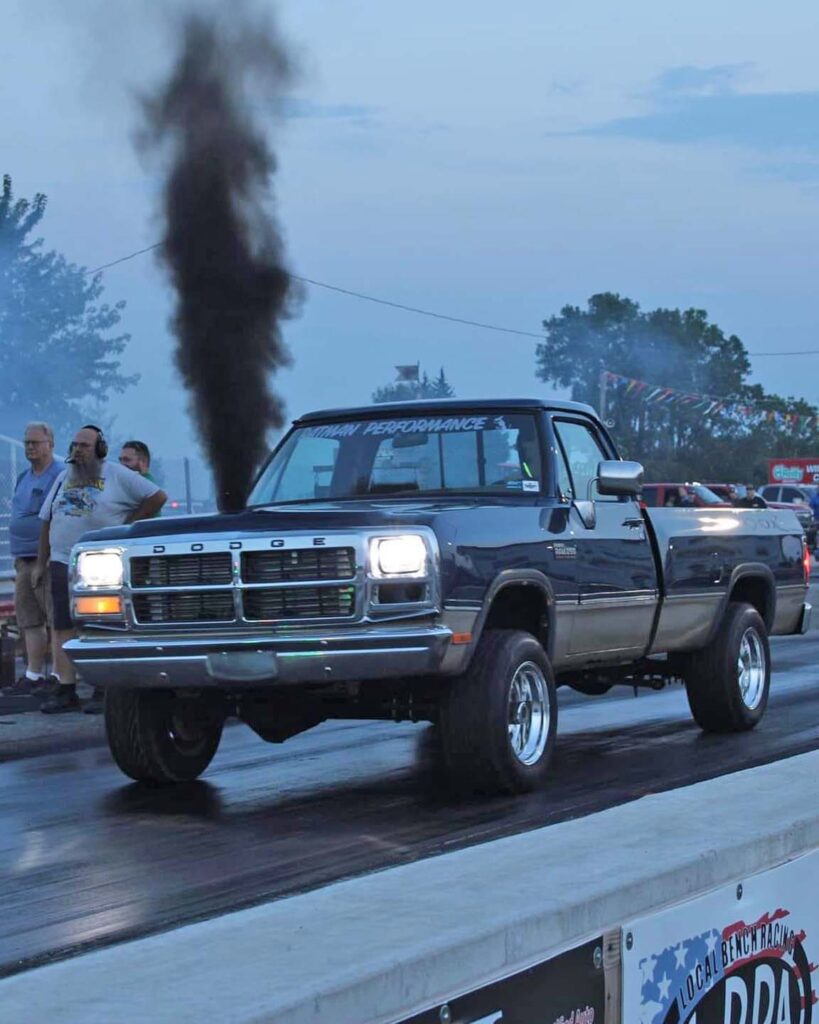
Gavin Huke might just own the nastiest, VE-equipped first-gen in the land. And as of the third weekend in July, it’s the quickest fuel-only, rotary pumped ’89-‘93 Dodge on record in both the eighth and quarter-mile. While competing at the annual Truck & Diesel Drags at Mo-Kan Dragway in Asbury, Missouri, Huke’s first-gen went 7.24 at 93 mph in the eighth-mile and sprinted through the 1320 in 11.57 seconds despite lifting early. He also cut a 1.56-second 60-foot on street tires—not bad for an old-school sleeper. A recent addition that included an external wastegate placed in the exhaust manifold should only help improve his setup’s reliability, with the S300 onboard no longer being subjected to 77 psi worth of boost!
Diesel History
The First First-Gen
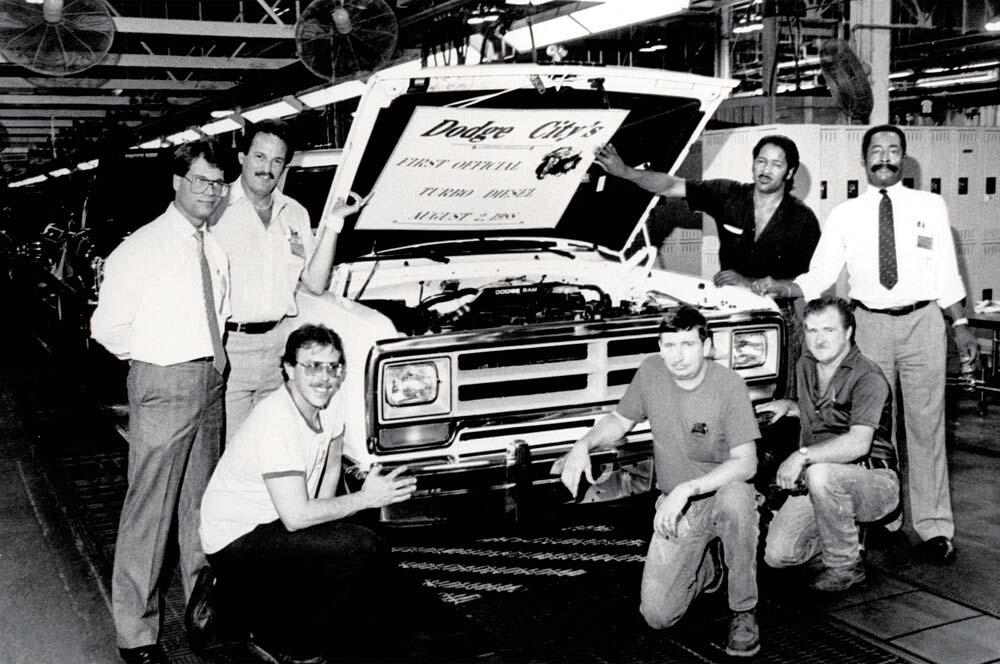
Thirty five years ago this week, the first Cummins-powered Dodge rolled off the assembly line. Thanks to introducing the turbocharged and direct injected inline-six diesel, the 5.9L 6BT, Chrysler effectively revolutionized the pickup truck segment—and the market hasn’t been the same since. Prior to Chrysler’s Cummins-powered Dodge trucks, its market share was less than 10-percent. Just five years later, its Rams would be outselling Chevrolet’s popular Silverado. The 12-valve Cummins played a huge part in that success story. For more on the first first-gens, and the backstory you haven’t heard, check out this bit of history.
Emissions
What Epic DPF Failure Looks Like
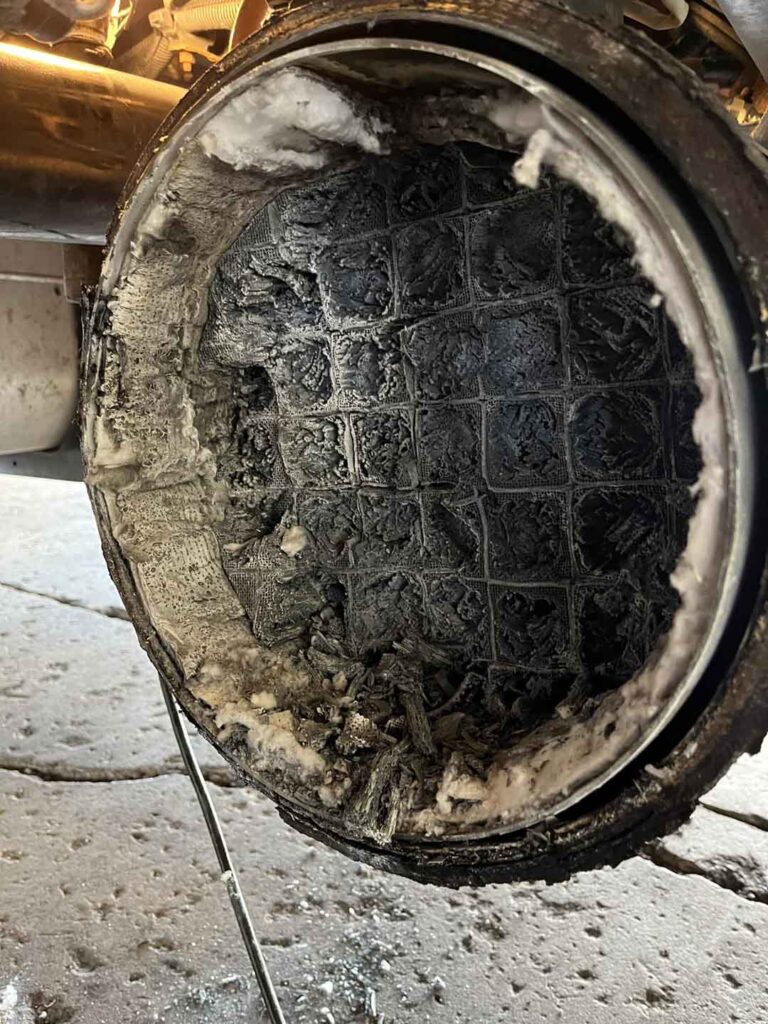
If you were wondering what a plugged DPF looks like, this is the most accurate illustration we’ve come across. The “nuclear meltdown” that took place within this particular filter comes courtesy of Diesel Knuckle Busters and shows what can happen when either an overabundance of diesel exhaust fluid (DEF) or oil from a failed turbo floods the aftertreatment system. This Class 8 DPF application required complete replacement, at a cost of $17,500 before sensors, and hopefully entailed a thorough investigation of what was happening upstream of the DPF.

